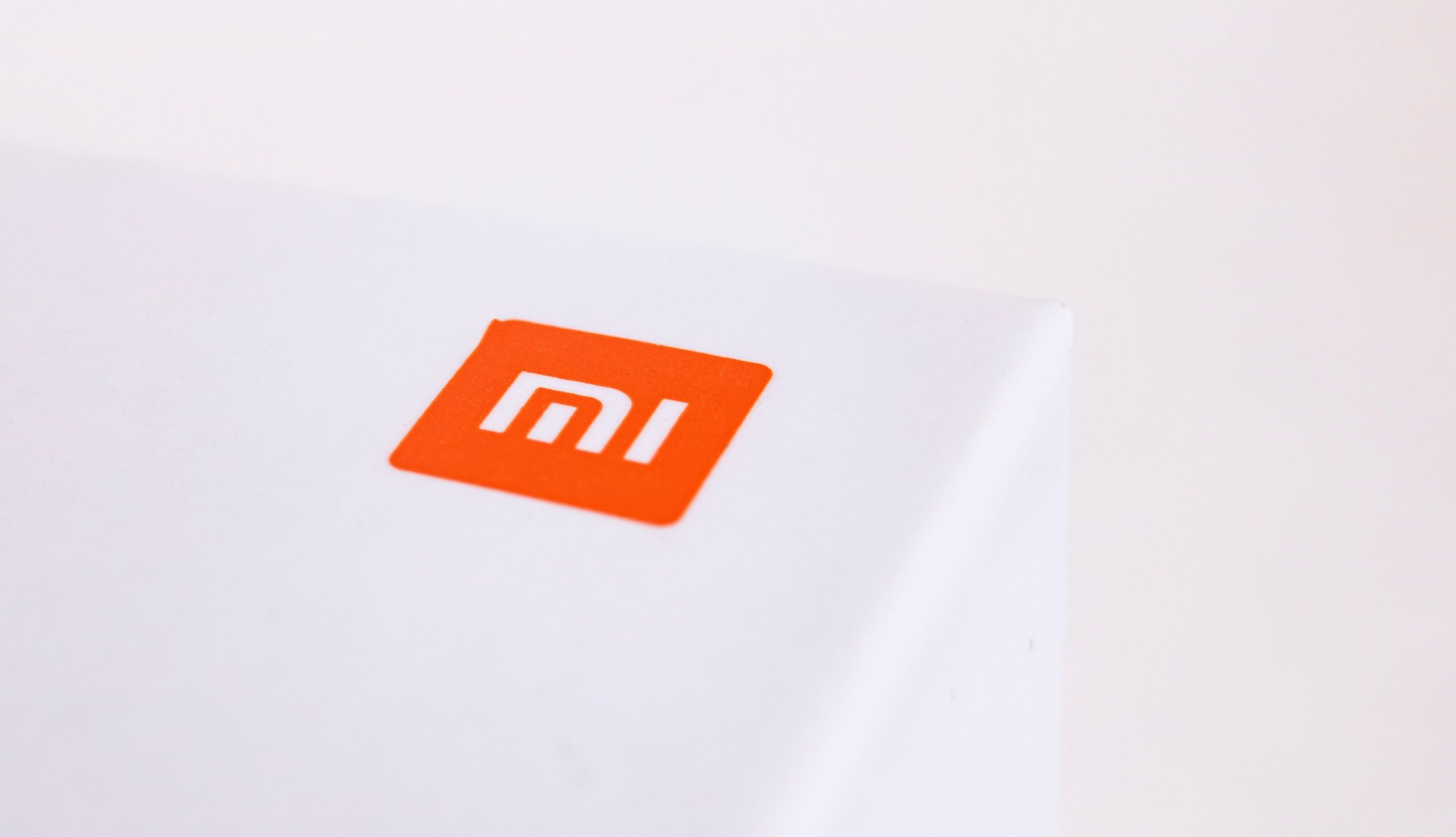WEF in Davos is buzzing with massive AI figures 🤖: the U.S. is pouring colossal sums into AI (Stargate – $100B , Meta – $65B, Microsoft – $80B), and Trump, oddly enough, is everywhere in the news without even showing up 🤔. Meanwhile, Europe still lags behind. The only chance not to lose out entirely? Stop over-regulating and start boosting AI potential—fast.
AI: The New Truffle?
One key takeaway from this “battle of titans” at the WEF—and across the globe—is that everything depends on the story you tell . I’m reminded of the tale of the truffle. We humans love chasing exclusivity. By reputation, the truffle is a super-rare mushroom hidden deep underground, but in reality, 80% of it is farmed. Truffles are not just about food. Why are they so expensive? Because we’re sold on the idea of scarcity and luxury. It’s a purely marketing-driven story—an emotional game that works. We pay extra, not merely for taste, but to feel like part of an elite.
Is it the same with AI and crypto?
AI, quantum computing, and cybersecurity in healthcare —these aren’t just technologies; they’re narratives about the future we’re urged to join. We “buy” these ideas for a sense of belonging. Like truffles: for a few lines of “code” and a sprinkle of “super-algorithm,” we’re willing to pay high prices—financially and in reputation. The noise, the billions, the global “hunters” with their “trained pigs and dogs” (startups and VC funds)—it all makes you wonder: Is this another well-crafted strategy by those who invest first and shape our perception? Because, just like with truffles, victory isn’t just about innovation; it’s about how you spin the story.
At DeHealth we keep pushing forward on our super-app, focusing on AI in healthcare—one of the critical sectors where AI can (and must) deliver real benefits, from rapid diagnostics to robust patient data protection.
Where’s Europe?
Instead of an aggressive expansion, we only see a few big names. SAP is one of the few European corporations making a strong appearance (and sure Mistral AI and Photoroom). Those are the kinds of stories that truly reshape global perception.
AI and Hope in Stormy Times
At “AI House Davos,” there’s a phrase on the wall:
“Lern im Missgeschicke hoffen, denk des Sturms bei heiterer Zeit”
“Learn to hope in despair, remember the storm when the weather is fair.”
What if we apply this motto not just to tech but to the world at large? In healthcare, AI is shaking up everything—from remote monitoring to genomics-level diagnostics 🧬. Maybe this is the “storm” we need to prepare for in advance. The same goes for cybersecurity: before it turns into a worldwide “epidemic,” we must build collective defenses.
Bottom Line?
We should all ask ourselves: Is this another beautiful myth being sold to us, or is it our real chance to shape the future? Perhaps the truth lies somewhere in the middle, as usual. As a cyber-war expert, I always try to think critically and fact-check. Let me know your thoughts in the comments —I’d love to hear your opinion. One fact stands firm: if we want to be in the game, we must learn to tell our story right—Europe included.
In the end, whether we’re selling the future of medicine, groundbreaking tech, or rare delicacies, it all boils down to one question: What legend are we creating? 💡










